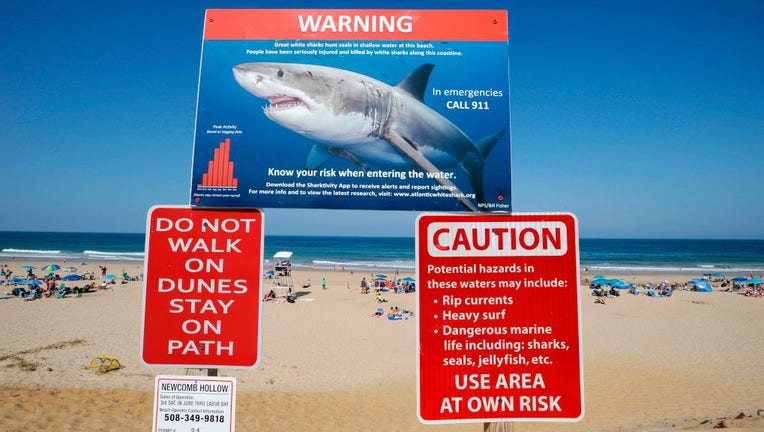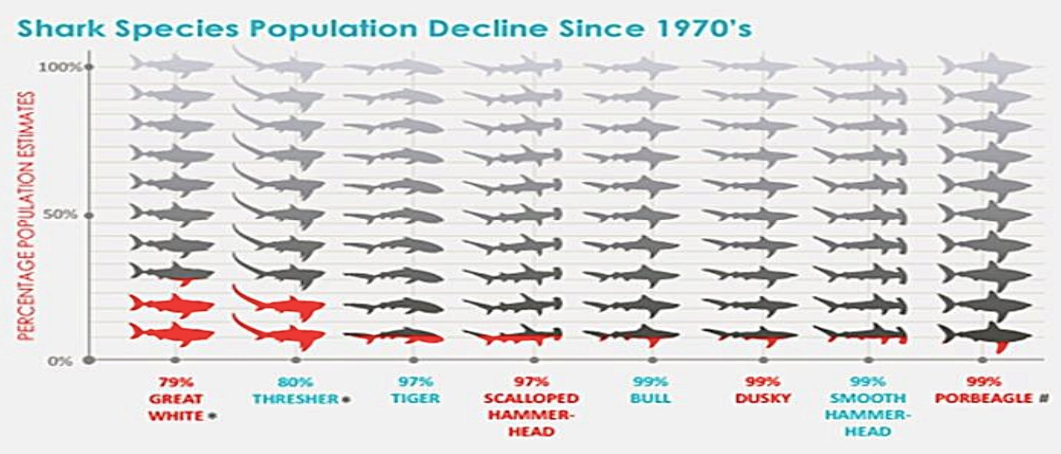Since the first week of this quarter, I have been considering the question: “What are people for in terms of the basic ecological functioning of the Earth?” There isn’t an all encompassing answer to this question, but there is a definition that we fit into.
Keystone species are often defined as a group of organisms that hold an ecosystem together, or have a disproportionately large effect on the system compared to their abundance. When the keystone species is removed, the system will collapse.

A demonstration of the importance of a keystone species (sharks in this case). Find it Here
It’s easy to make the argument that humans have an immense effect on the entire planet – it’s in the news everyday. But how are we holding the ecosystems of the planet together? We are unique in this world because we have the awareness and the ability to want to save the biodiversity that we are quickly killing. We can take a collapsing ecosystem and prop it up with resources and breeding programs so that it lives on. We put patches and glue over cracks in our failing global ecological system in the hopes that what we fix will ripple and stave off extinction in other parts of the world. It’s a valiant and necessary effort, and without it, the biodiversity on our planet would collapse and disappear much faster.
However, humans have created a culture around the death of species that makes it hard to make the most logical decisions as we try and patch our ecosystems. More often than not, if a species is seen as cute, cuddly, or ‘good’ (the giant panda, tigers, blue whales) we pump resources into trying to save them. If a species is seen as dangerous, scary, or ‘bad’ (sharks, tuna, rhinos) then we turn a blind eye as their numbers dwindle further. This is often the case even if a group like sharks or tuna are proven to be much more ecologically important compared to something like pandas. In our culture, we are conditioned to want to save the things that we are emotionally attached to and that provide value on a surface level.

A sign found in Cape Cod warning of the dangers of sharks. Find it Here
As the Anthropocene continues, and the number of species on the Endangered Species List rises, it will be important to remember that what we need to save may not be what we are conditioned to think needs saving. We are the most important keystone species on our planet, so we need to wield our power carefully.

A graph of the declining shark populations for eight species. Find it Here
Further Thought:
Sharkwater from Rob Stewart following themes about the necessary conservation of misunderstood species.
